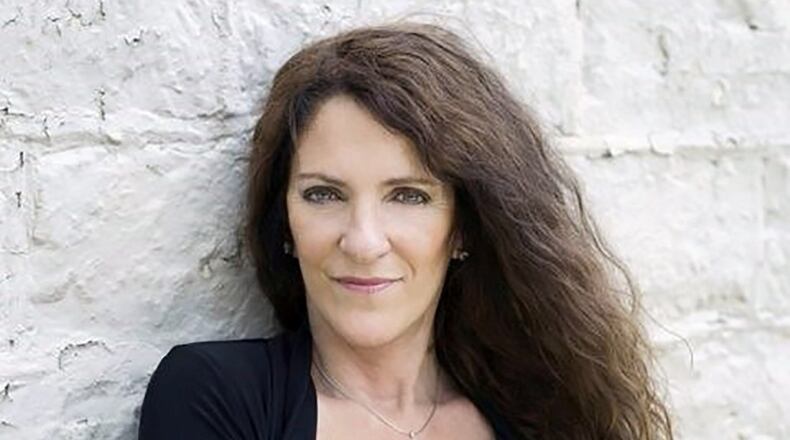“My mother’s addiction started when she took valium prescribed by a doctor,” Boucher said. “It was a 25-year addiction that was devastating for our family.”
With so much chaos surrounding her growing up – her mother tried to find help but doctors failed to recognize her as an alcoholic – Boucher said she and her siblings virtually raised themselves.
“My father was inflamed by my mother’s alcoholism,” Boucher said. “He acted out. We didn’t have a stable home life and we would have been another statistic had my father left the family. She couldn’t work and she could barely function. Watching that go on, I guess my drinking seemed normal.”
When Boucher left home, she didn’t think her drinking was problematic or “alcoholic” in nature, though she admits she did use alcohol to self-medicate. But Boucher said her story is unique because she crossed the line and stopped drinking completely by the age of 29.
“I was not a daily drinker back then,” Boucher said. “But it got to where I was disintegrating internally. I couldn’t make good decisions and couldn’t stick with things that were important. I was an emotional roller coaster.”
Boucher now says that doctors could have simply told her to stop drinking but everyone was dancing around the real issue, the same way doctors had been treating her mother for decades.
“My mother had a near fatal accident, fell down the stairs and broke her neck,” Boucher said. “After 35 years of doctors medicating her and telling her she was depressed, she went to Toledo and a doctor there told her she was an alcoholic. She went into treatment and never looked back.”
Boucher said she was inspired by her mother after she had been sober for seven years. Not only had she stopped drinking but never took any medication again in her life.
“I noticed that my drinking no longer looked normal,” Boucher said. “We have this culture of ‘normal social drinking’ – women in these parties that are really four-day ‘drunkathons’ and no one sees this as alcoholism.”
According to the NIAAA, anything over seven alcoholic drinks a week is considered heavy drinking for women and for men, it’s over nine. Boucher said that’s a statistic she didn’t know about and found it eye-opening.
“I wonder if people would still look at themselves as social drinkers if they knew this,” she said. “My mom pointed it out to me.”
Boucher said her decision to quit drinking, though not easy, was the best thing for her life and marriage, but that most people deal with a great stigma against sobriety in society today. Because of that, she decided to write a book, “Raising the Bottom: Making Mindful Choices in a Drinking Culture,” which recently published.
Already a published author, Boucher had written four novels and had walked away from writing in 2005 to return to college. After graduating from Wright State University in 2006, she hadn’t planned on writing another book, but her mom encouraged her to write about the family addiction.
“My mom passed away in 2011,” Boucher said. “I wanted to portray what alcoholism really looks like – what almost losing life and family, like my mother did, is like. People come to me and anymore almost everybody is medicated and I don’t know how they function in their lives.”
Boucher included the stories of people she met through recovery and said she wanted a mix of stories and people. The book includes 10 individual stories, and helps women, in particular, ask important questions about their own drinking habits: has the book club become a “wine club?” Why and when do they drink? Mothers, daughters, health professionals, and young women share their stories of why they drank, how they stopped, and the joys and rewards of being present in their lives once they kicked alcohol to the curb.
“People are always saying they need this book for a friend or family member,” Boucher said. “Everyone has someone in their family affected by drinking. It talks a lot about life. As a community, we must be more aware of this problem.”
For more information, log on to raisingthebottom.com.
About the Author
